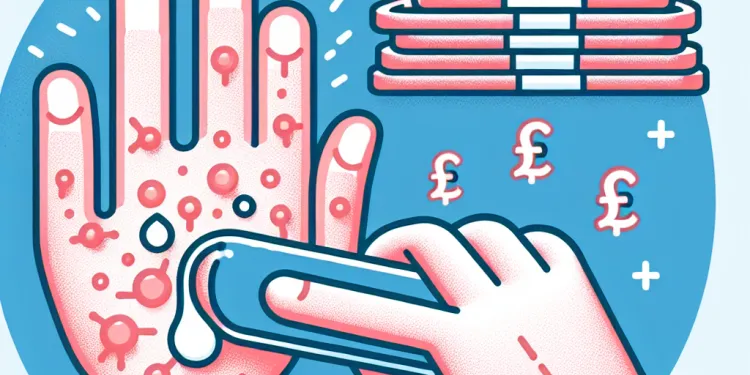
Find Help
More Items From Ergsy search
-
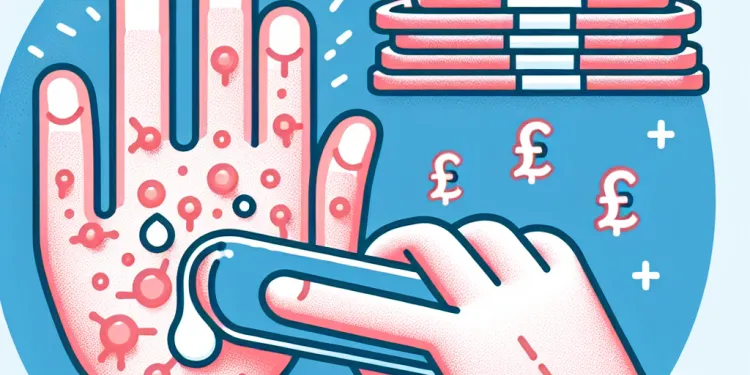
What are common symptoms of eczema?
Relevance: 100%
-

Is there a cure for eczema?
Relevance: 85%
-

Is eczema contagious?
Relevance: 84%
-

What is eczema? General Information
Relevance: 83%
-

Can diet affect eczema?
Relevance: 83%
-

What are the main types of eczema?
Relevance: 83%
-
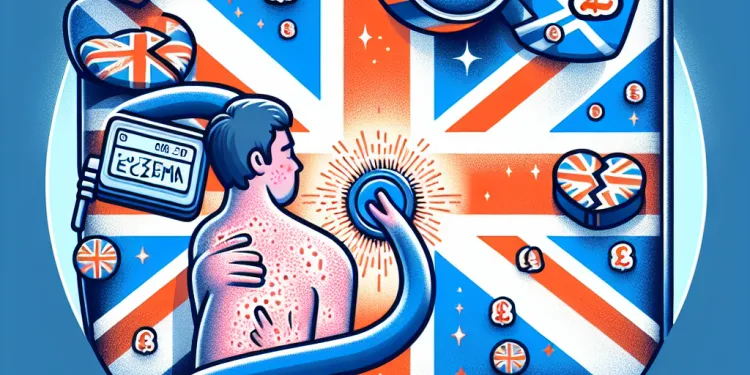
How can eczema be diagnosed?
Relevance: 82%
-
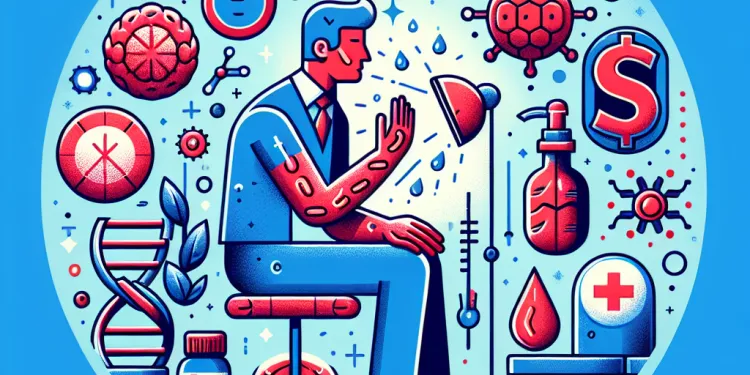
What causes eczema?
Relevance: 80%
-
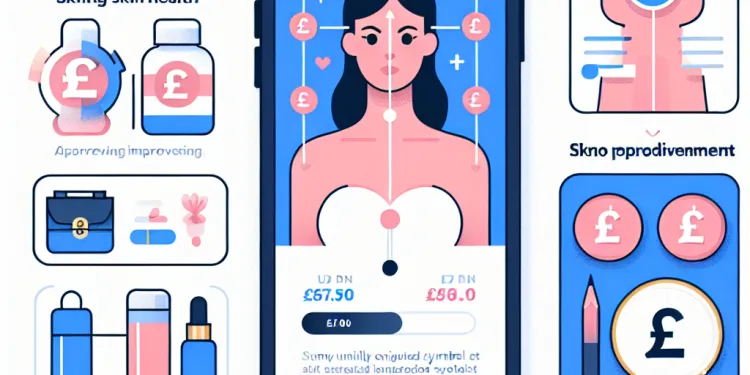
Can eczema improve with age?
Relevance: 80%
-

Who is at risk of developing eczema?
Relevance: 79%
-

Are there any home remedies for eczema?
Relevance: 79%
-

Managing and treating your child's eczema
Relevance: 78%
-

What treatments are available for eczema?
Relevance: 78%
-

Factors that trigger eczema in your child
Relevance: 77%
-

Eczema - Your child's appointment | Dermatology | Paediatrics
Relevance: 73%
-

How can I prevent eczema flare-ups?
Relevance: 73%
-
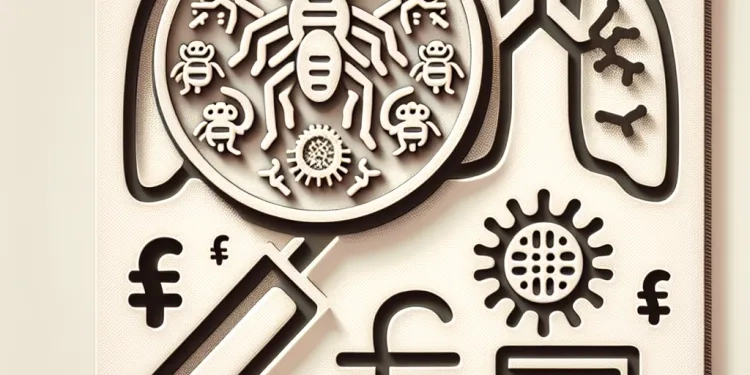
Can dust mites cause asthma and eczema?
Relevance: 72%
-

What are common symptoms of nettle rash?
Relevance: 62%
-

What are the common symptoms of a cold?
Relevance: 57%
-
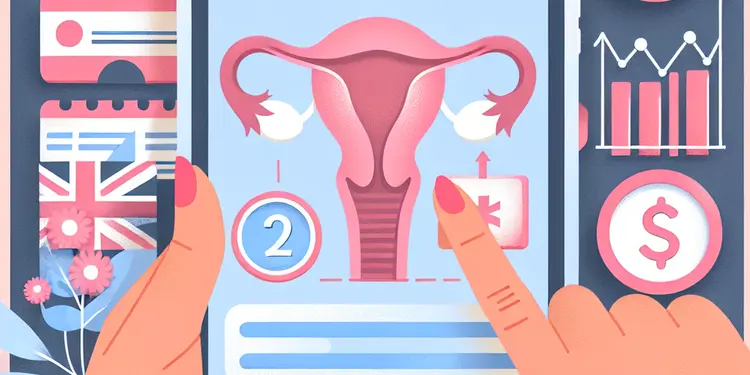
What are common symptoms of menopause?
Relevance: 57%
-

What are common symptoms of meningitis?
Relevance: 57%
-

What are the common symptoms of appendicitis?
Relevance: 57%
-
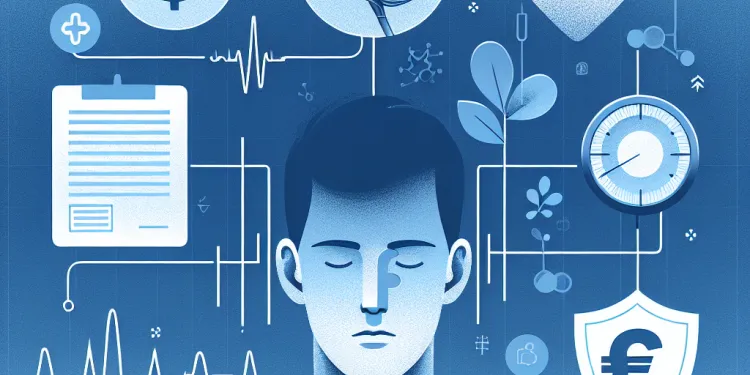
What are common symptoms of a concussion?
Relevance: 57%
-
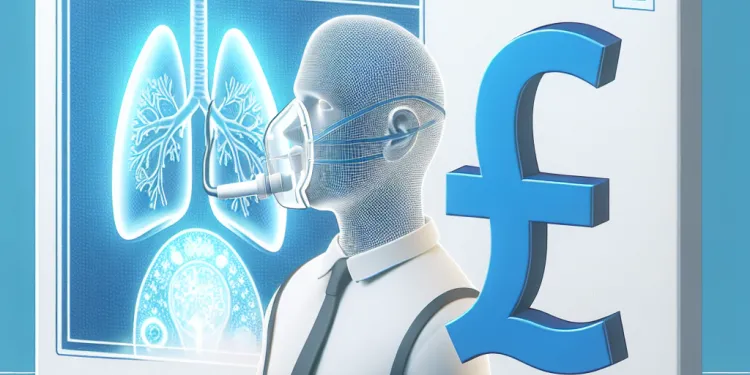
What are the common symptoms of asthma?
Relevance: 55%
-

How does weather affect eczema?
Relevance: 55%
-
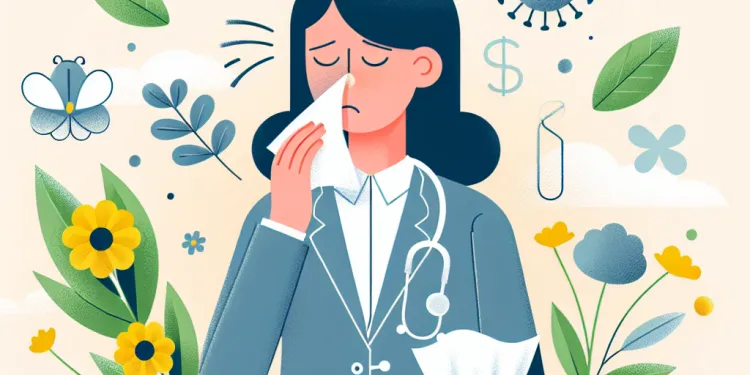
What are the common symptoms of hay fever?
Relevance: 54%
-

What are the common symptoms of Crohn's disease?
Relevance: 54%
-

What are the common symptoms of lupus in children?
Relevance: 53%
-
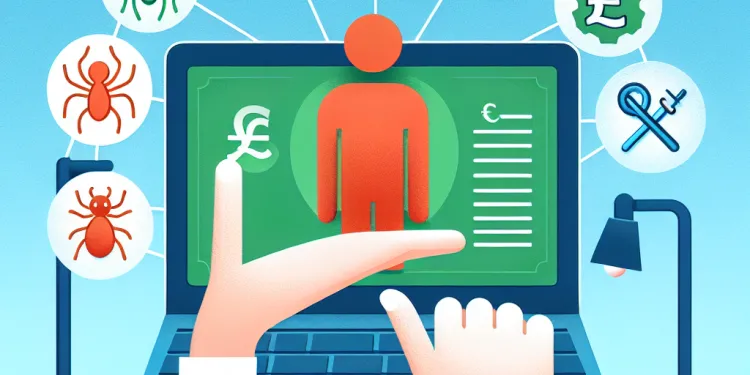
What are common symptoms of Lyme disease?
Relevance: 53%
-

What are common symptoms of health-related anxiety?
Relevance: 52%
-

What are common symptoms of sleep apnea?
Relevance: 52%
-
What are common symptoms of eating disorders?
Relevance: 52%
-
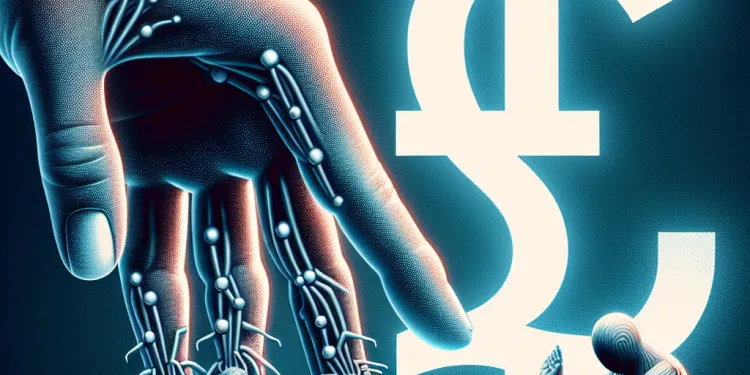
What are the common symptoms of Carpal Tunnel Syndrome?
Relevance: 50%
-
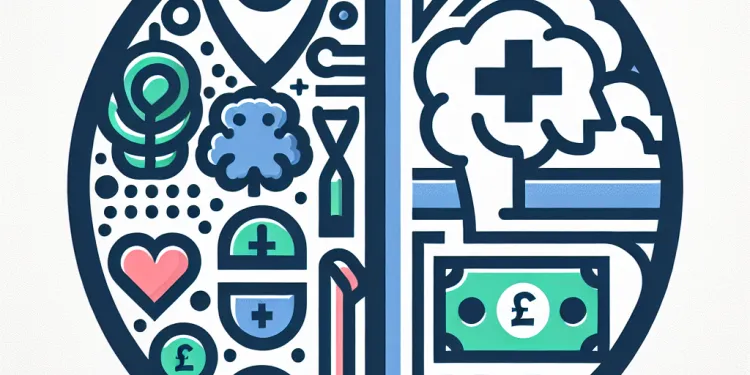
What are the common symptoms of dementia?
Relevance: 49%
-

What are common symptoms if my drink has been spiked?
Relevance: 47%
-

What are the common symptoms of heart failure?
Relevance: 45%
-

What are some common conditions treated with homeopathy?
Relevance: 43%
-
What are the common symptoms of dementia?
Relevance: 42%
-
What are the common symptoms of dementia?
Relevance: 42%
-

What are the symptoms of a nut allergy?
Relevance: 42%
Understanding Eczema
Eczema, also known as atopic dermatitis, is a common skin condition that affects many people in the UK. It can vary in severity and symptoms, often impacting the quality of life of those who experience it. Understanding the common symptoms can help in managing the condition more effectively.
Common Symptoms of Eczema
Eczema symptoms can appear anywhere on the body and are often characterized by dry, itchy, and inflamed skin. Each individual may experience eczema differently, but there are several common symptoms that can be identified.
Itching and Dryness
One of the most prevalent symptoms of eczema is itching. The itch can be severe and persistent, often leading to scratching which can worsen the condition. Alongside the itching, affected skin may become very dry, causing discomfort. This dryness is often due to the skin's inability to retain moisture, which is a hallmark of eczema.
Redness and Inflammation
Inflamed, red patches of skin are commonly seen in those suffering from eczema. The inflammation results from the body's immune response and can lead to the skin feeling warm or hot to the touch. These patches are typically found on the hands, feet, face, inside the bends of elbows and knees, and on the wrists and neck.
Rashes and Bumps
Eczema may cause rashes that vary in colour and might be accompanied by small, raised bumps. In lighter skin tones, these rashes can appear red, while in darker skin tones, they may appear brown, purple, or darker than the surrounding skin. The bumps can sometimes ooze and crust over when scratched.
Thickened and Scaly Skin
Chronic scratching and irritation can lead to a condition called lichenification, where the affected skin becomes thicker, leathery, and more pronounced. This scaly texture is often seen in areas where the skin is repeatedly scratched or rubbed.
Cracked Skin
As the skin becomes drier, it may start to crack, which can be painful and increase the risk of infection. These cracks often occur in areas of the body that are frequently bent or where skin naturally creases.
Swelling
Swelling can occur in areas affected by eczema due to inflammation. This may add to the discomfort and alter the appearance of the skin.
Conclusion
Recognizing these common symptoms of eczema can help individuals seek appropriate treatment and manage the condition effectively. Consulting with a healthcare professional is recommended for a proper diagnosis and treatment plan. Eczema can be a manageable condition once its symptoms are understood and addressed properly.
What is Eczema?
Eczema is a skin problem. It is also called atopic dermatitis. Many people in the UK have it. Eczema can make skin red, itchy, and sore. Knowing about eczema can help you feel better.
What Does Eczema Look Like?
Eczema can show up anywhere on the body. It often makes skin dry and very itchy. Everyone feels eczema differently, but there are common signs to watch for.
Itchy and Dry Skin
If you have eczema, your skin might be very itchy. This can make you want to scratch. Scratching can make eczema worse. Your skin might also feel very dry. Dry skin happens because it can't hold water well.
Red and Warm Skin
People with eczema often have red and warm skin spots. These spots can feel hot. You might see them on your hands, feet, face, or places like elbows and knees.
Rashes and Small Bumps
Eczema can cause rashes and little bumps on the skin. On lighter skin, the rashes might look red. On darker skin, they might look brown or purple. Sometimes, the bumps break open and form a crust.
Thick and Scaly Skin
Constant scratching can make the skin thick and look like leather. It happens where you scratch a lot. This is called lichenification.
Cracked Skin
Very dry skin can crack and hurt. Cracks make it easier to get an infection. This happens where the skin bends, like fingers and knees.
Swollen Skin
Eczema can make the skin swell. Swollen skin might look puffy and feel sore.
How to Manage Eczema
If you know these signs of eczema, you can get help and treatment. It is good to talk to a doctor. A doctor can help you understand and treat eczema.
Frequently Asked Questions
Useful Links
This website offers general information and is not a substitute for professional advice.
Always seek guidance from qualified professionals.
If you have any medical concerns or need urgent help, contact a healthcare professional or emergency services immediately.
Some of this content was generated with AI assistance. We’ve done our best to keep it accurate, helpful, and human-friendly.
- Ergsy carfully checks the information in the videos we provide here.
- Videos shown by Youtube after a video has completed, have NOT been reviewed by ERGSY.
- To view, click the arrow in centre of video.
- Most of the videos you find here will have subtitles and/or closed captions available.
- You may need to turn these on, and choose your preferred language.
- Go to the video you'd like to watch.
- If closed captions (CC) are available, settings will be visible on the bottom right of the video player.
- To turn on Captions, click settings .
- To turn off Captions, click settings again.
More Items From Ergsy search
-

What are common symptoms of eczema?
Relevance: 100%
-

Is there a cure for eczema?
Relevance: 85%
-

Is eczema contagious?
Relevance: 84%
-

What is eczema? General Information
Relevance: 83%
-

Can diet affect eczema?
Relevance: 83%
-

What are the main types of eczema?
Relevance: 83%
-

How can eczema be diagnosed?
Relevance: 82%
-

What causes eczema?
Relevance: 80%
-

Can eczema improve with age?
Relevance: 80%
-

Who is at risk of developing eczema?
Relevance: 79%
-

Are there any home remedies for eczema?
Relevance: 79%
-

Managing and treating your child's eczema
Relevance: 78%
-

What treatments are available for eczema?
Relevance: 78%
-

Factors that trigger eczema in your child
Relevance: 77%
-

Eczema - Your child's appointment | Dermatology | Paediatrics
Relevance: 73%
-

How can I prevent eczema flare-ups?
Relevance: 73%
-

Can dust mites cause asthma and eczema?
Relevance: 72%
-

What are common symptoms of nettle rash?
Relevance: 62%
-

What are the common symptoms of a cold?
Relevance: 57%
-

What are common symptoms of menopause?
Relevance: 57%
-

What are common symptoms of meningitis?
Relevance: 57%
-

What are the common symptoms of appendicitis?
Relevance: 57%
-

What are common symptoms of a concussion?
Relevance: 57%
-

What are the common symptoms of asthma?
Relevance: 55%
-

How does weather affect eczema?
Relevance: 55%
-

What are the common symptoms of hay fever?
Relevance: 54%
-

What are the common symptoms of Crohn's disease?
Relevance: 54%
-

What are the common symptoms of lupus in children?
Relevance: 53%
-

What are common symptoms of Lyme disease?
Relevance: 53%
-

What are common symptoms of health-related anxiety?
Relevance: 52%
-

What are common symptoms of sleep apnea?
Relevance: 52%
-
What are common symptoms of eating disorders?
Relevance: 52%
-

What are the common symptoms of Carpal Tunnel Syndrome?
Relevance: 50%
-

What are the common symptoms of dementia?
Relevance: 49%
-

What are common symptoms if my drink has been spiked?
Relevance: 47%
-

What are the common symptoms of heart failure?
Relevance: 45%
-

What are some common conditions treated with homeopathy?
Relevance: 43%
-
What are the common symptoms of dementia?
Relevance: 42%
-
What are the common symptoms of dementia?
Relevance: 42%
-

What are the symptoms of a nut allergy?
Relevance: 42%


